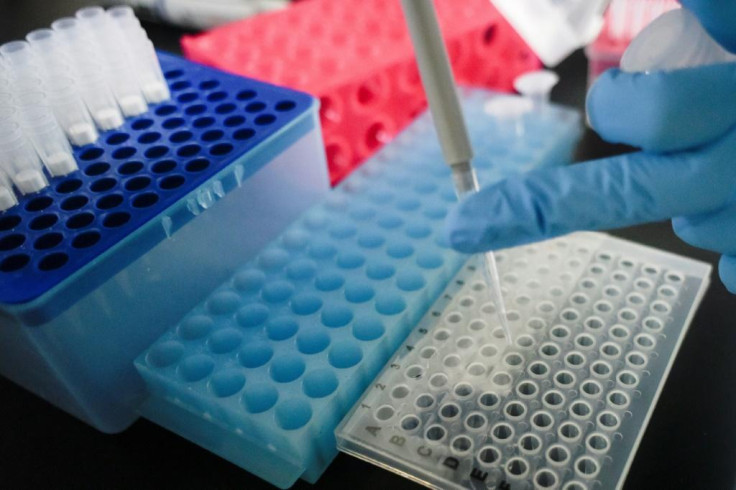Remdesivir preliminary trials reportedly show no remarkable effect on COVID-19
The trials will apparently continue with some adjustments based on the data collected from the first phase.
Last week, there were several reports highlighting some groundbreaking developments in the fight against SARS-CoV-2. Optimistic results were announced by two biotech companies that could potentially give healthcare systems the means to treat and prevent infections. On the other hand, another promising drug candidate also concluded a phase of its clinical trials with unfavourable findings. It appears that antiviral drug Remdesivir might not be enough to cure patients with COVID-19. Nonetheless, the team also noted that it could possibly be used along with other courses of treatment instead.
The outlook in the early stages of testing was generally encouraging, which even purportedly prompted the federal government to suggest its usage on those with critical COVID-19 symptoms. However, the data published by the New England Journal of Medicine show otherwise. So far, it was reportedly able to reduce the average 15-day course of the disease to an estimated 11 days, according to CNN.
Researchers from the National Institute of Allergy and Infectious Diseases indicated that "Preliminary results of this trial suggest that a 10-day course of Remdesivir was superior to placebo in the treatment of hospitalised patients with Covid-19. These preliminary findings support the use of Remdesivir for patients who are hospitalised with Covid-19 and require supplemental oxygen therapy."
Testing involved a total of 1,063 patients who were either given the aforementioned drug or placebo. Those on the latter eventually recovered after 15 days, while those on the medication purportedly did so in 11 days on average. Gilead Sciences, the manufacturer of the drug in question stated: "These findings support the use of Remdesivir in this population, with the largest benefit observed among individuals who required oxygen supplementation but were not mechanically ventilated."

The trials will apparently continue with some adjustments based on the data collected from the first phase. There is still a lot about the 2019 novel coronavirus that remains unknown. Meanwhile, there have been several discoveries that have helped healthcare systems reduce transmissions. The overall opinion about the development of an effective treatment or vaccine remains divided. One side believes it will be available before the year ends, while others warn that it will take even longer.
© Copyright IBTimes 2025. All rights reserved.






















